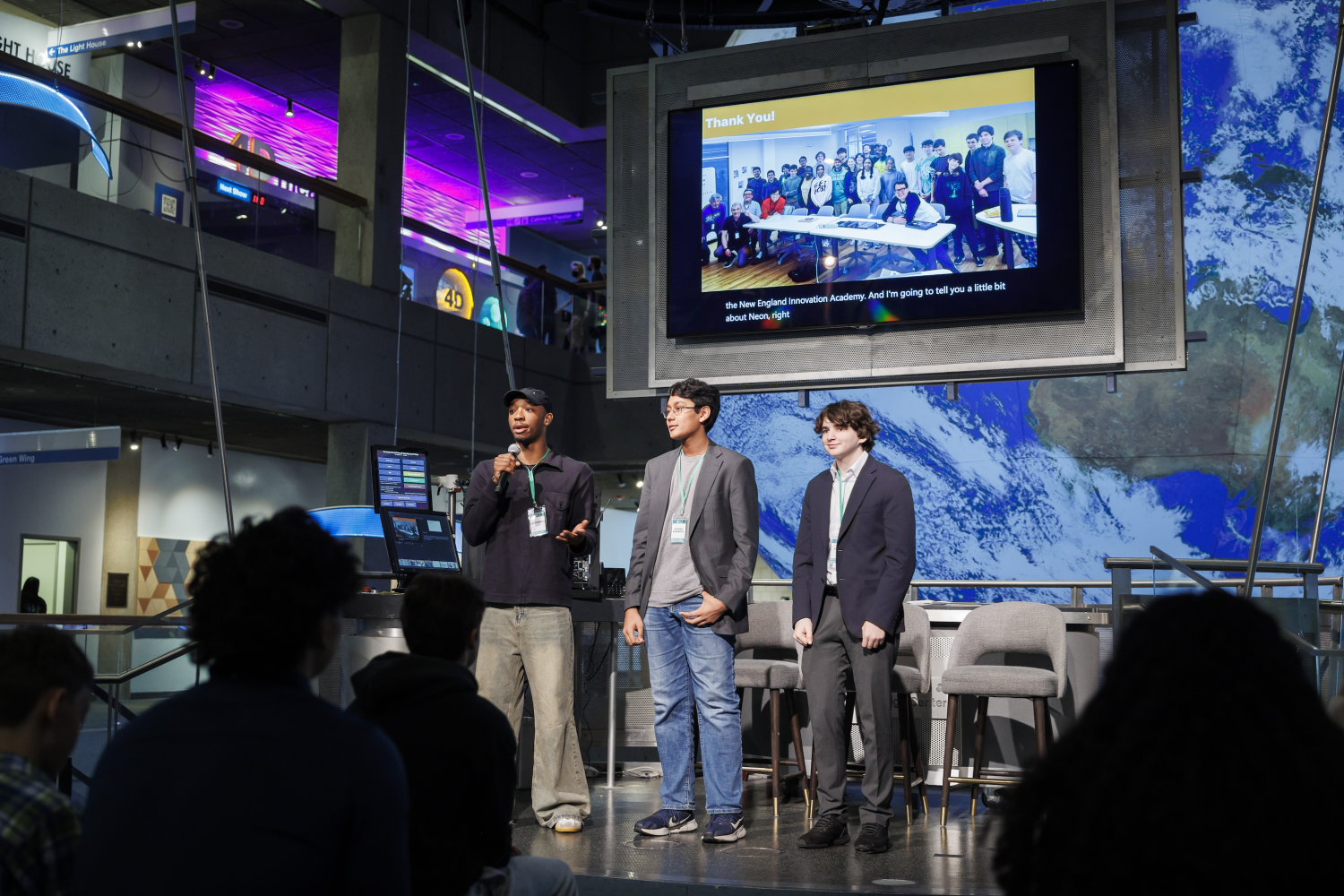Across the United States and globally, democracy faces unprecedented threats. From the rise of anti-democratic sentiments to increasing partisan divides, the landscape is marred by rampant misinformation and ongoing doubts about the integrity of elections.
In response to these challenges, the MIT Department of Political Science is excited to announce the launch of the Strengthening Democracy Initiative. In an insightful Q&A, department head David Singer, the Raphael Dorman-Helen Starbuck Professor of Political Science, sheds light on the initiative’s objectives and framework.
Q: What is the primary aim of the Strengthening Democracy Initiative?
A: Effective democracies are built on the pillars of accountability, accurate information access, equitable participation, fair elections, and respect for democratic institutions. The current trend of democratic decline seen in regions such as Europe, Latin America, and the United States is alarming for political scientists. While we cannot tackle this erosion single-handedly, we strive to identify root causes and develop strategies to sustain the vibrancy of democracies.
The MIT Political Science Department has a robust history of impactful research on various aspects related to democracy, including voting behavior, election processes, the effects of misinformation, public perception, and lobbying practices. The Strengthening Democracy Initiative aims to unify these diverse research areas under one banner, creating synergies among projects and collaborating with other disciplines to position MIT as a leading hub for rigorous, evidence-based investigations into democratic resilience.
Q: What research areas will the initiative focus on?
A: The initiative is structured around three core research pillars. The first is election science and administration. A well-functioning democracy hinges on efficiently run elections and public trust in these processes. Variations abound within the electoral landscape, from voter registration practices to methods of communication about election results, both in the U.S. and internationally.
The MIT Election Data and Science Lab stands as the premier center in the nation for collecting and analyzing electoral data and promoting electoral best practices, positioning itself to expand its impact significantly.
The second research pillar is public opinion. This area encompasses experimental investigations of how the public responds to misinformation, along with studies examining government reactions to public sentiment. Our faculty utilize survey techniques and experimental methodologies to delve into various topics, from taxation and health policies to local politics and strategies aimed at countering political rumors both domestically and globally. Our faculty’s research endeavors support this pillar, augmented by collaborations such as the Political Experiments Research Lab and frequent academic conferences.
The third pillar focuses on political participation, exploring the influence of criminal justice interactions on voting behaviors, the establishment of citizen assemblies, and corporate lobbying efforts impacting congressional legislation. Some research within this area employs machine learning and AI to process vast data sets, granting researchers insights into phenomena previously difficult to investigate. Notably, our research on political deliberation looks at the interplay between computer science, AI, and the social sciences to evaluate political dialogues online and identify possible interventions to reduce polarization and build consensus.
The initiative’s adaptable framework allows for the addition of new pillars over time, including studies on international security, efforts to enhance democracies worldwide, and responses to emerging democratic challenges.
Q: Why is MIT uniquely positioned to lead this initiative?
A: While many view MIT as primarily a STEM-focused institution, it fosters extensive interdisciplinary collaboration, particularly between political science, the Schwarzman College of Computing, and the Sloan School of Management. The Strengthening Democracy Initiative will leverage these collaborations, forging new connections between political science and various fields. Importantly, this initiative is nonpartisan; the MIT political science department is renowned for its rigorous, data-driven methodologies in political research. Nestled within the MIT framework, we aim to maintain our credibility as an ‘honest broker,’ sharing groundbreaking, evidence-based research to enhance the health of democracies.
Q: Will the initiative also focus on education?
A: Absolutely! The department has a longstanding tradition of involving numerous undergraduate researchers through MIT’s Undergraduate Research Opportunities Program. This initiative will offer students chances to explore different dimensions of democracy and allow faculty access to skilled research assistance. We aspire to equip students with resources to develop and implement their theories, employing insights from computer science and applied statistics to analyze political phenomena effectively. As the initiative evolves, we foresee more students collaborating with state and local entities to improve election processes and investigate new democratic challenges.
Postdoctoral researchers will play a vital role in advancing research across the initiative’s pillars, supervising undergraduates, and managing some of the initiative’s operational needs.
Q: Do you envision this initiative lasting long-term?
A: Indeed. We already possess the foundational elements needed to establish a leading center for studying healthy democracies and enhancing their resilience. However, cultivating capacity—including resources to allow researchers to shift focus between projects—will be essential to fostering synergies and generating new initiatives. A permanent framework is vital for our faculty and students to respond adeptly to current events and emerging research, such as conducting nationwide surveys or testing the effects of innovative AI technologies on political beliefs. As I often remind our supporters, fresh challenges to democracy that we couldn’t foresee a decade ago have emerged, and undoubtedly, others will arise in the coming years. We must be prepared to undertake thorough analysis of these developments. MIT Political Science is uniquely equipped to execute this important agenda in the long run.
Photo credit & article inspired by: Massachusetts Institute of Technology



